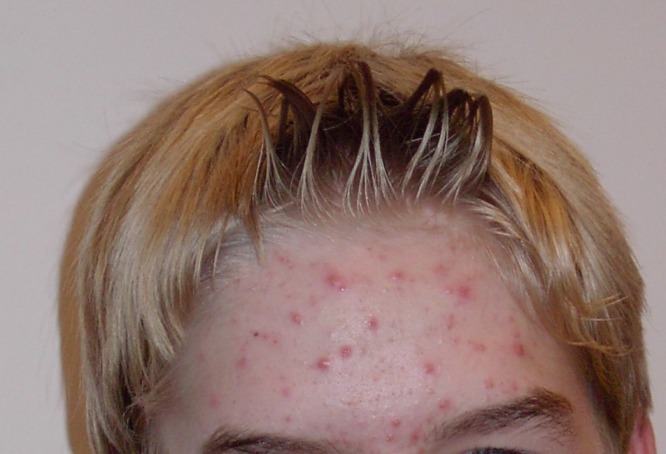What’s the most common skin condition you are likely to experience at some point in your life? Acne. Acne is a skin problem affecting a large proportion of people in the UK at all ages. The problem with acne is it can be difficult to get rid of. But while acne treatment may take some time, it is worth it for clearer skin and a more positive self-image. Here are a few things to bear in mind when thinking about acne and its treatment.
1. Acne Should Be Treated, Not Ignored
A common myth says that acne will clear up on its own and you shouldn’t mess around with acne treatment strategies. But this is not always the best advice. If you do not treat acne you could be left with permanent scarring, dark spots, or skin discolouration. Plus, if you manage to successfully treat acne your self-esteem will vastly improve. Acne treatment doesn’t have to be difficult.
2. Acne is Increasingly Common
Acne treatments are becoming more commonplace because more and more people are suffering from the condition, particularly women. It’s not only teenagers that get acne. People of all ages are suffering, but because there are a variety of treatments available it is not necessary to suffer all your life.
3. Acne is Caused by Clogged Pores and Bacteria
The pores on your skin can easily get clogged or filled with dead skin. The dead skin cells come from a normal process of the body shedding the outer layer of skin but sometimes the cells clump together and block pores. Bacteria within the skin and on the skin get inside the pore and when they are inside the skin they quickly multiply, causing inflammation and the familiar spots to appear.
4. Many Effective Acne Treatments Exist
If you have mild acne then usually an acne treatment with topical benzoyl peroxide or a cream containing salicylic acid is recommended. This kind of treatment is not an overnight success in any case, and you need to keep reapplying the cream daily for over two months in order to see positive improvement. You can continue to use the product when acne clears in order to prevent a further flare up.
You may also need to take antibiotics. This is most useful over a short period of time as you do not want the bacteria on the skin to become resistant to the antibiotics. Hormonal methods of preventing and treating acne may be considered for women – the birth control pill is effective in many cases. Sometimes a dermatologist may recommend laser light therapy or chemical peels. What works for you is very individual and a consultation with a dermatologist is very helpful to define an individual treatment plan.
